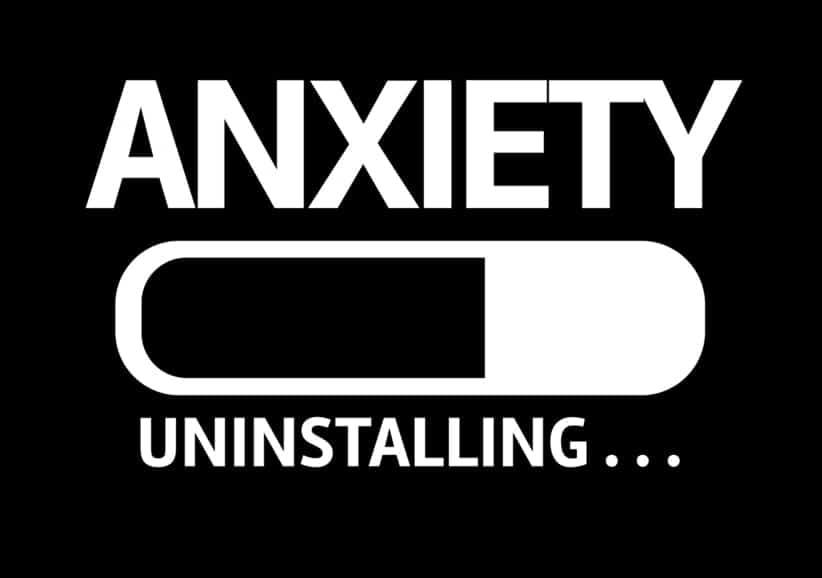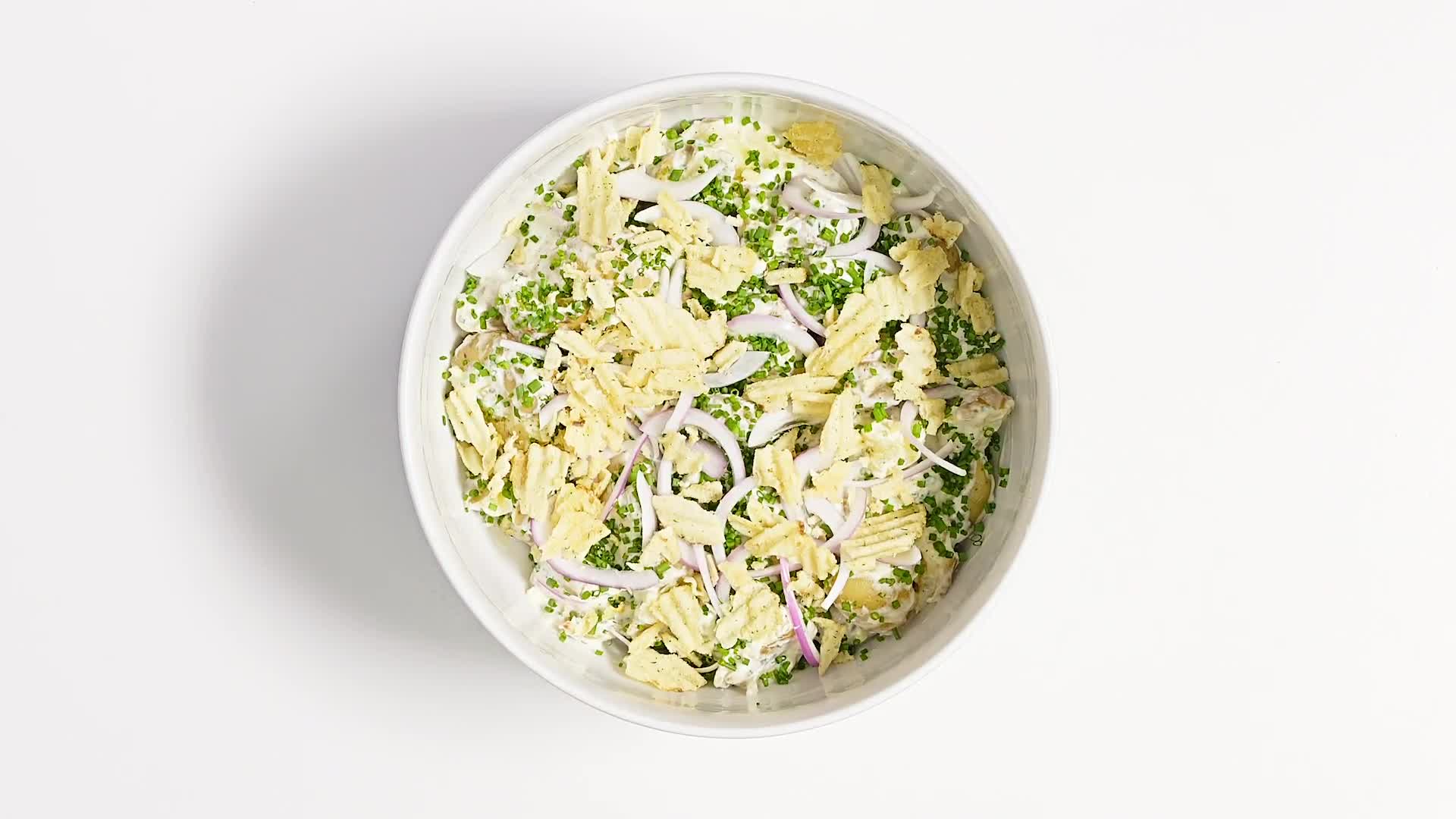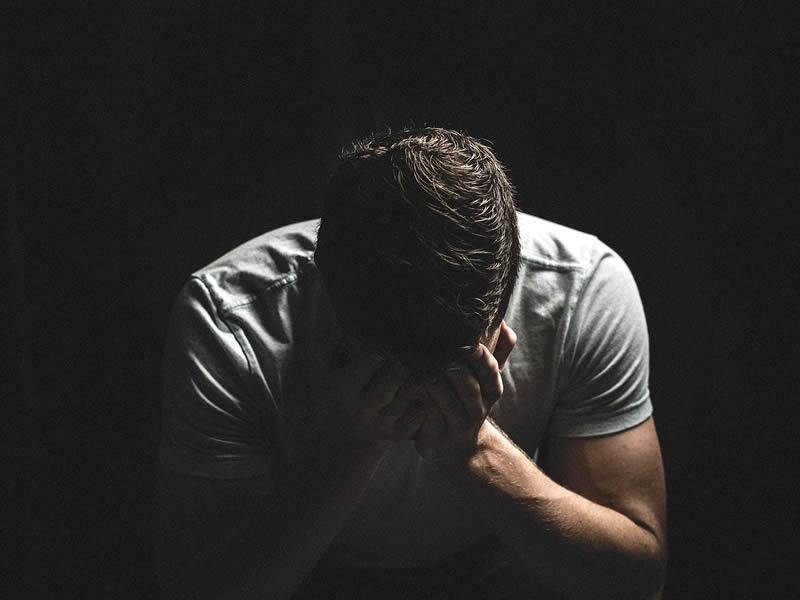If you suffer from anxiety issues, you’re probably well aware of how they can change your life, not always for the better. While anxiety issues can be treated with medication, therapy, and lifestyle changes, there are also many natural ways to reduce anxiety and avoid the side effects of prescription drugs. Read on to learn about some effective natural methods to naturally reduce anxiety so that you can live a more comfortable life and get back to enjoying the things you love most in life, like spending time with your friends and family or pursuing your hobbies and passions.
What is anxiety?
Anxiety is your body’s natural response to stress. It’s a feeling of fear or worry caused by a combination of factors, some of which are attributed to genetics, the environment, and the brain’s own natural chemical balances.
Some common symptoms of anxiety include:
- increased heart rate
- rapid breathing
- restlessness
- trouble concentrating
Though it may seem odd to be in an unnerving situation like this, some people will still experience a churning feeling in their stomach, but other people will experience heightened anxiety and panic attacks.
There’s one type of anxiousness about an event, but then there’s the kind that effects your quality of life so much that you need treatment. Some examples of anxiety disorders are :
- panic disorder
- post-traumatic stress disorder (PTSD)
- obsessive-compulsive disorder (OCD)
- separation anxiety
- illness anxiety
- phobia
- generalized anxiety disorder (GAD)
- social anxiety disorder
Natural remedies for people suffering from anxiety
#Exercising Daily Can Help Alleviate Stress
If you suffer from anxiety issues, it’s important that you exercise on a regular basis. Studies have shown that people who regularly exercise experience decreased levels of anxiety. It may sound counterintuitive, but once you take care of your body and make sure it’s well-fed and healthy, your mind will follow suit. To reduce stress levels, try adding yoga or pilates into your schedule on a daily basis. Research has shown that these two exercises are great for stress relief because they focus on meditation and breathing techniques as part of their practice sessions. If you don’t have time for an exercise class each day, opt for a morning run or walk-in place instead.
 Getting your heart rate up also changes the brain chemistry to create more space for anti-anxiety neurochemicals, like:
Getting your heart rate up also changes the brain chemistry to create more space for anti-anxiety neurochemicals, like:
- serotonin
- gamma-aminobutyric acid (GABA)
- brain-derived neurotrophic factor (BDNF)
- endocannabinoids
If you’re looking for a lower-impact routine to start with, work-outs such as Pilates and yoga may also have just as much of a mental health benefit.
#Sleep Well to Eliminate Tension
Sleep deprivation can lead to headaches, drowsiness, irritability, and anxiety. Getting eight hours of quality sleep every night will help reduce anxiety by giving your body time to rest and recharge.
We all know that sleep is an important part of mental health, but it’s proven time and time again that it’s a necessary condition for good mental health.
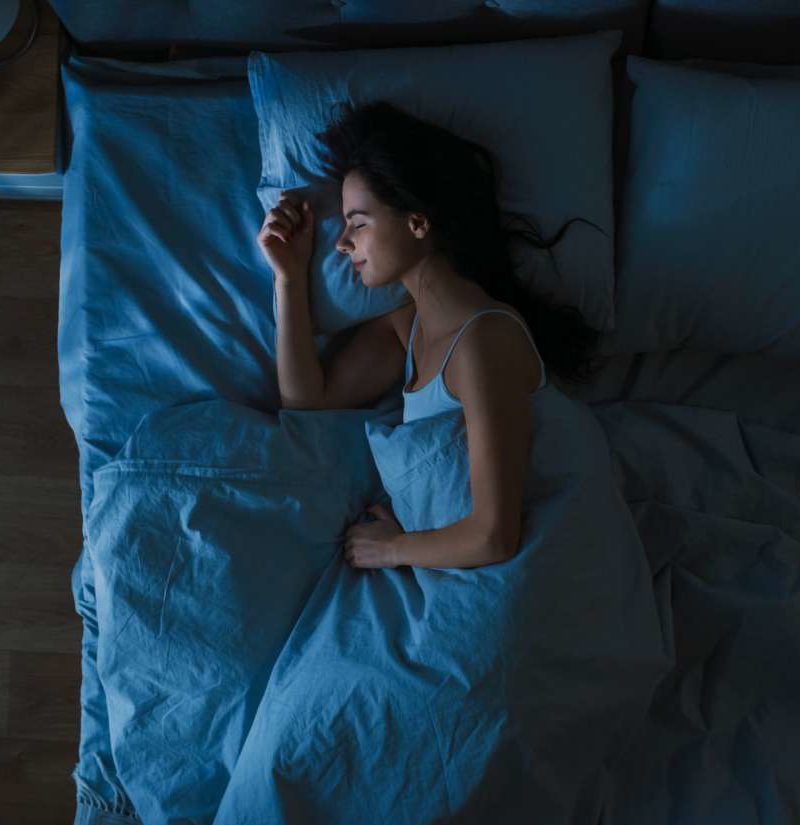
Even though it was found that nearly a third of adults get less than 6 hours of sleep a night, the Centers for Disease Control and Prevention (CDC) finds that adults get between 7 and 9 hours of sleep a day.
You can make sleep a priority by:
-
only sleeping when you’re tired at night
-
not reading in bed or staying away from the television
-
not using your phone, tablet or computer before going to bed
-
not staying in bed if you can’t sleep or leaving your room if you can’t sleep
-
staying away from caffeine, staying away from large meals, and staying away from nicotine before bedtime
-
having your room dark and cool
-
journaling your worries before going to bed
-
sleeping every night at the same time
#Try Relaxation Techniques
The main culprit of anxiety is stress, and one of your best weapons against stress is relaxation. To kick-start, a relaxing moment, just sit down somewhere quiet and focus on breathing for 5 minutes. Not only will it reduce stress levels, but it will also have a calming effect on your body that could make you less prone to symptoms of anxiety.
Anxiety can cause rapid breathing, leading to an elevated heart rate, dizziness, or even a panic attack.
Studies have shown that taking slow, even, deep breaths — the deliberate process of doing so — can restore normal breathing patterns and reduce anxiety.
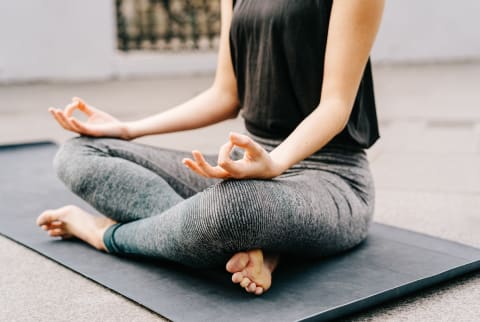
Slow down and do some meditation to practice mindfulness. The purpose of meditation is to focus on the present, noticing all thoughts in a nonjudgmental way. You can end up feeling calm and content by increasing your ability to mindfully bear all thoughts and feelings.
Meditation is a commonly cited stress-relieving method and one of the many aspects of Cognitive Behavioral Therapy. 30 minutes of daily meditation may lessen some symptoms of anxiety and act as an antidepressant.
#Start Eating Healthier and Drinking More Water
There are many studies that show how eating healthy foods and drinking lots of water can reduce anxiety. If you’re one of those people who are always tired or feel like you have no energy, it might be time to make some changes in your diet. Cut out all sugary beverages such as soda, juice, and candy bars, and switch to drinking more water throughout your day. You should also try eating more fruits and vegetables.
Low blood sugar levels, dehydration, or ingredients found in processed foods such as artificial flavorings, artificial coloring, and preservatives, may lead to mood changes in some people. Sugar intake, too, may affect temperament.

If your anxiety becomes worse after eating, consider your eating habits. Stay hydrated, eliminate processed foods, and eat a diet rich in complex carbohydrates, fresh fruits and vegetables, and lean proteins.
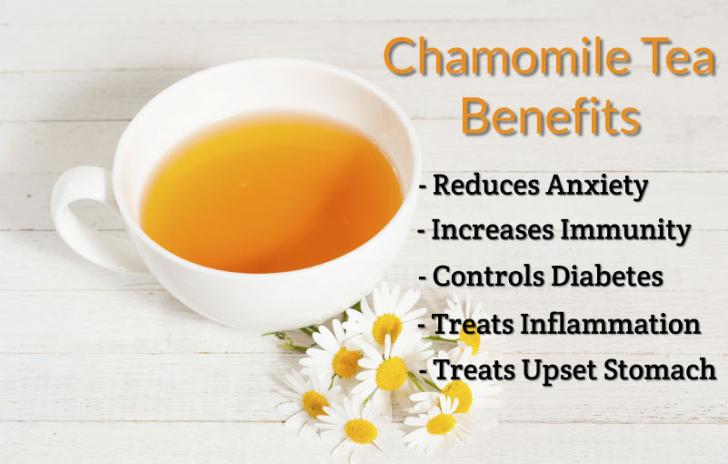
You can also add chamomile tea t your routine. A cup of chamomile tea is a common home remedy to calm frayed nerves and promote sleep.
Research shows that in 2014, chamomile could also be a strong weapon against GAD. The study found that people who took German chamomile capsules (220 milligrams up to five times daily) had a greater reduction in test scores that measure anxiety symptoms than those who were given a placebo.
#Start Following a Routine in Order to Organize Your Life
The secret to reducing anxiety is creating a routine for yourself. It’s easier said than done, but by slowly introducing structure and consistency into your daily life, you’ll find it easier to manage stress levels and control anxiety. So get up at the same time every day, make plans with friends or family members on a regular basis, and take steps towards creating goals for yourself (without letting them overwhelm you).
#Say no to Alcohol and Cigarettes
In addition to being harmful, cigarettes and alcohol both have a tendency to fill your body with harmful toxins, leaving you unable to think clearly or react in times of need. If you’re struggling with anxiety, it’s best not to add chemicals to your body.
Drinking alcohol, while a natural sedative, is still linked to the causes of anxiety. Multiple studies show a connection between an anxiety disorder and alcohol use disorder. When people are dependent on alcohol, their neurotransmitters can become imbalanced, which is known to be a cause of both good and bad mental health.
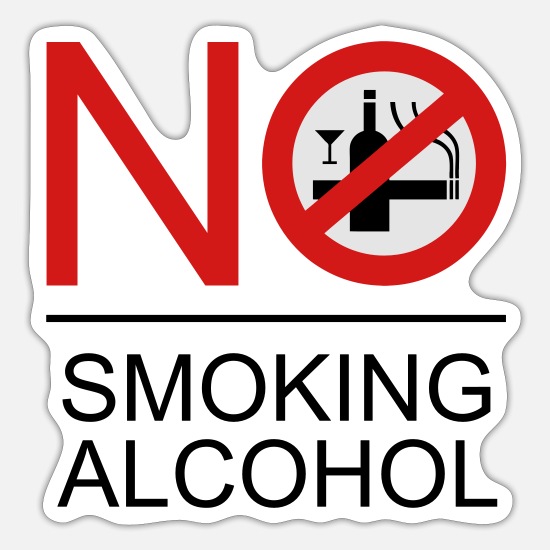
Drinking alcohol to excess creates an imbalance that can contribute to an increased chance of exhibiting symptoms of anxiety. Early sobriety might make you more anxious in the short term, but over time it should improve.
It also reduces your body’s natural sleep function by interfering with sleep homeostasis. As you’ll find out, a good night’s sleep is imperative when trying to cope with anxiety.
Some people are convinced that having a cigarette helps them when they’re stressed. In the same way that drinking alcohol doesn’t cure a drinking problem, having a cigarette might actually lead to more stress over time.
It has been demonstrated that people who start smoking in early life have a higher risk of developing an anxiety disorder. Furthermore, cigarette smoke contains substances that alter the neural pathways that are connected to anxiety.
If you’re determined to stop smoking, there are plenty of ways to go about it. The Centers for Disease Control and Prevention recommend something harmless like toying with toothpicks as a substitute.
You can also take up habits that will help you take your mind off of cigarettes in order to create an environment that works for your smoke-free life. You can make a plan with a support system for your encouragement or distraction needs.









